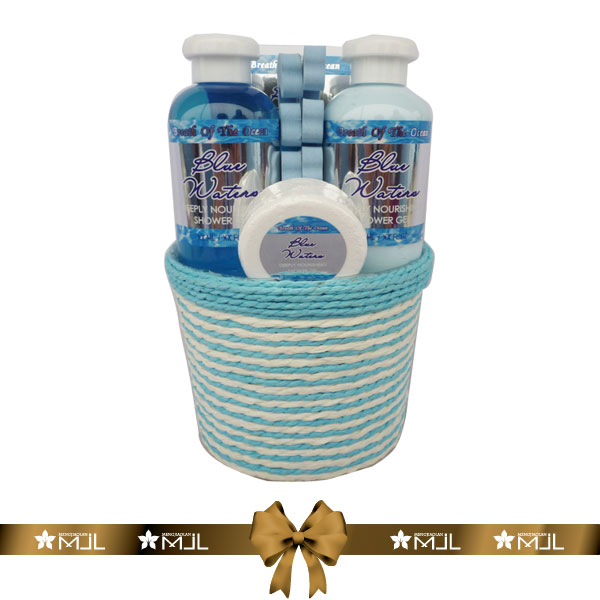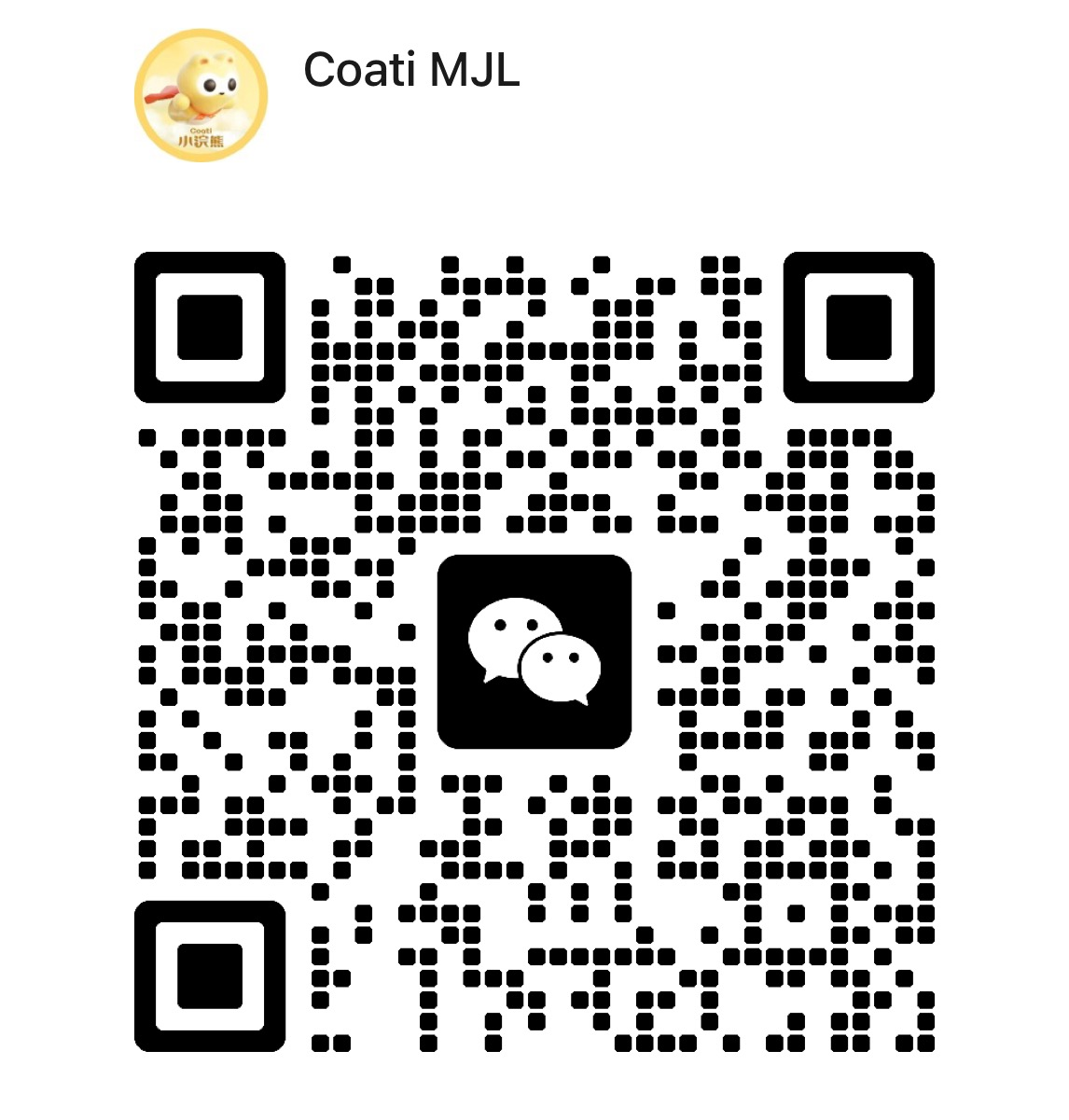The South Korean Ministry of Environment recently issued Ministerial Decree No. 1183, making important revisions to the implementation rules for declaring new chemical substances under K-REACH. The new regulations will officially take effect on 7 August 2025. The revisions focus on the management of 'hazardous unidentified substances', strengthen data review and information transparency, and introduce new corporate compliance requirements.
Here are the six highlights of the core revision at a glance:
01
This category includes substances that lack critical hazard data, such as information on acute toxicity, mutagenicity, ecotoxicity or biodegradability. However, specific categories such as polymers and low-solubility substances are exempt.
02
The review cycle has been extended considerably.
The standard review period has been extended to 14 days, up to 28 days.Enterprises therefore need to allow more time for declarations.
03.
Review method: KECO will evaluate the data submitted by the company and compare it with any other available information, including QSAR prediction model results and data on similar substances.
Follow-up processing: If new information about hazards is discovered, KECO may recommend that the company changes the content of the declaration.
04
If the level of such substances in the product exceeds a certain threshold, full disclosure of the substances must be included in the chemical safety information. When the content is below the threshold, however, some information disclosure obligations may be exempted.
05
The field 'Hazardous Unidentified Substance' has been added to Forms 25 and 26.
06
Expanded transparency of official information
Disclosure Entities: NICS, KECO and NIER.
Disclosure content includes classification and labelling, use, hazard information and risk assessment results of chemical substances.
Public platform: Disclosing information to the public through official channels will make it easier to obtain.
Three-step emergency response guide for businesses
A. Emergency Data Gap Self-Inspection: Verify immediately whether the data packages of substances registered or planned for registration in South Korea are complete, especially the key hazard data, and predict whether they may be classified as 'hazardous unidentified substances'.
B. Seize the declaration window! When declaring a new chemical substance, consider the longer official review cycle and plan ahead.
C. Compliance disclosure strategy: If it involves 'hazardous unidentified substances', it must comply with the disclosure threshold requirements in order to ensure that the necessary safety information is declared.







